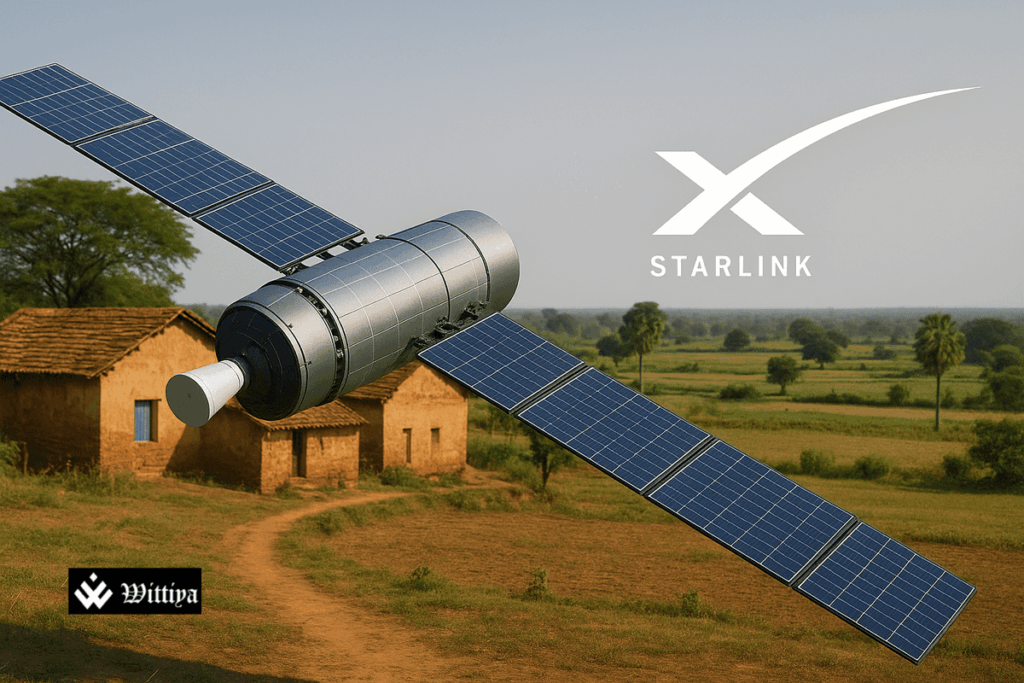Elon Musk’s satellite internet company, Starlink, received a Letter of Intent from India’s Department of Telecommunications on May 7, 2025. This regulatory nod marks a major milestone for Starlink’s entry into India, where it plans to offer satellite-based high-speed internet services, especially in remote and underserved areas. With global expansion already underway, Starlink’s debut could transform India’s digital infrastructure and connect millions to reliable internet.
Starlink, the satellite internet venture under Elon Musk’s aerospace company SpaceX, has taken a significant step toward launching its services in India. On May 7, 2025, India’s Department of Telecommunications (DoT) issued a Letter of Intent (LoI) to the company, clearing the path for its satellite-based broadband operations.
Starlink is designed to deliver high-speed, low-latency internet via a constellation of over 7,000 low-Earth orbit (LEO) satellites, with plans to increase this number to 40,000. These satellites operate approximately 550 km above Earth and can provide broadband access even in the most remote corners of the world. Starlink is particularly aimed at areas underserved by traditional fiber or cable internet services.
Once operational, Starlink customers in India will receive a kit comprising a satellite dish, WiFi router, power supply, cables, and base. Internet speeds are expected to range between 50 to 150 Mbps, with latency as low as 20 milliseconds—suitable for online gaming and video calls.
India’s satellite broadband sector is increasingly competitive. Alongside Starlink, major players like Bharti Airtel and Reliance Jio are also preparing to enter the market. According to a FICCI-EY report, India’s space economy could reach USD 44 billion by 2033, up from USD 8.4 billion in 2022.
To proceed, Starlink must meet regulatory requirements, including submitting annual plans for local manufacturing of its ground infrastructure and ensuring data centers are located within India for data localisation compliance. The Telecom Regulatory Authority of India (Trai) is finalising spectrum allocation rules for satellite broadband providers.
This development puts Starlink on track to revolutionize connectivity in India, especially for rural users who still lack reliable internet access.
